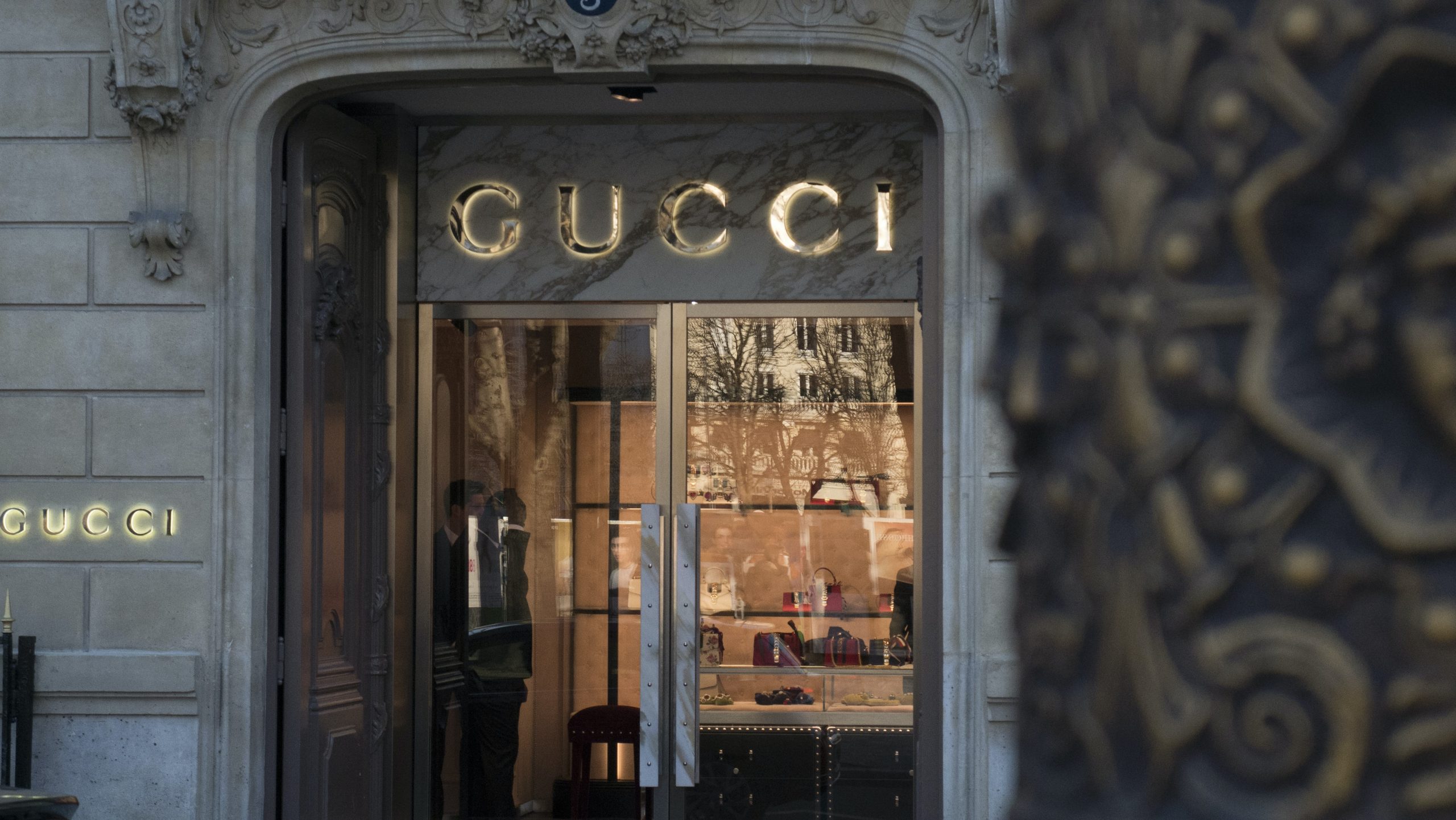The Gucci family feud is arguably one of the most famous family feuds of our time. Gucci is one of the most iconic and successful luxury fashion brands in the world today. However, there was a time in the 1980s and 1990s when the brand was on the brink of bankruptcy and its reputation was severely damaged. One of the key factors contributing to Gucci’s decline was the bitter family feud that erupted over control of the company.
The History of the Gucci Family Feud
The Gucci family had owned and operated the company since its founding in 1921 by Guccio Gucci. In the late 1980s and early 1990s, the brand was in trouble. The company had been struggling with declining sales, a tarnished brand image, and a proliferation of counterfeit products flooding the market. However, the biggest challenge facing Gucci at the time was the family feud that threatened to tear the company apart. The family was deeply divided over how to run the business, with different factions jockeying for power and control. The feud reached a boiling point in 1989 when Maurizio Gucci, the grandson of the company’s founder, took over as CEO and launched a hostile takeover bid against his own family members.
The battle for control of Gucci played out in a series of public court battles and media spectacles, with accusations of fraud, embezzlement, and even murder. The feud took a toll on the company’s operations and image, distracting management from focusing on the business and leading to a lack of strategic direction.
As the Gucci family feud continued, the company’s fortunes began to decline. Counterfeit Gucci products continued to flood the market, damaging the brand’s reputation and eroding its market share. The company’s financial performance suffered, with sales and profits plummeting.
The feud came to a head in 1993 when Aldo Gucci, Maurizio’s Uncle, was convicted of tax evasion and sentenced to prison. With the main challenger of Maurizio’s takeover now in prison, Maurizio emerged as the victor in the power struggle, but the damage had already been done. The company was in disarray, and the Gucci name had been dragged through the mud in the press.
The family feud had a significant impact on Gucci’s business. The company was distracted by the infighting, and its leadership was unable to focus on the challenges facing the brand. As a result, sales continued to decline, and the company’s reputation suffered. It wasn’t until the family was forced to sell the company to French luxury goods conglomerate Pinault-Printemps-Redoute in 1999 that Gucci was able to begin its remarkable turnaround.
The Gucci family feud was a significant challenge for the iconic Italian fashion brand. The infighting and public accusations damaged the company’s reputation and distracted its leadership from the challenges facing the business. However, Gucci’s remarkable turnaround under the leadership of PPR and Tom Ford demonstrates the power of strong leadership and a commitment to innovation and excellence. Today, Gucci is once again one of the most valuable luxury fashion houses in the world, a testament to the brand’s enduring legacy and resilience.
Don’t Let a Family Feud Ruin Your Business
So what can we learn from one of the most famous family feuds? Running a family business obviously isn’t easy. But could the Gucci name have stayed in the family with proper planning? Read our previous blog post with 5 Steps for Successful Business Succession Planning.
Contact us and let us help you get the proper plan in place for your family business.
Sign up for our newsletter to receive business updates and estate planning tips right to your inbox!
Like us on Facebook to keep up with new blog posts and daily tips!
Disclaimer: This article is intended to serve as a general summary of the issues outlined therein. While this article may include general guidance, it is not intended as, nor is it a substitute for, a qualified legal advice. Your review or receipt of this article from Lexern Law Group, Ltd. (the “LLG”) or any of its attorneys does not create an attorney-client relationship between you and the LLG. The opinions expressed in this article are those of the authors of the article and does not reflect the opinion of the LLG.

